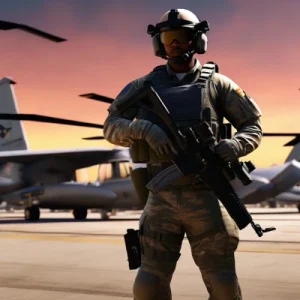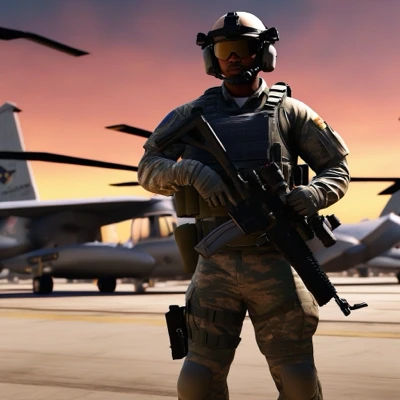Do Service Members Have the Right to Remain Silent Under Article 31(b)?
Yes. Under Article 31(b) of the Uniform Code of Military Justice (UCMJ), service members have the right to remain silent
when suspected of a crime. This is similar to—but broader than—the civilian Miranda rights.
Article 31(b) requires investigators, commanders, and even peers in some contexts to advise service members of their rights before questioning.
For the statutory language, see UCMJ Article 31(b).
Scope of Article 31(b)
- Applies to all branches: Army, Navy, Air Force, Marine Corps, Space Force, and Coast Guard.
- Before questioning: Any person subject to the UCMJ must advise a suspect of their rights prior to interrogation.
- Includes commanders & NCOs: Unlike civilian Miranda, it applies beyond law enforcement.
- Content: The suspect must be told the nature of the accusation, that they do not have to make any statement, and that any statement may be used against them.
Practical Protection
If questioned about misconduct, you should invoke Article 31(b) by clearly stating:
“I want a lawyer. I will not answer questions without counsel.”
This invocation cannot legally be held against you.
- Stops questioning immediately.
- Forces investigators to go through defense counsel.
- Preserves defenses by avoiding self-incrimination.
Why Civilian Counsel Matters
Military investigators are trained to elicit incriminating statements.
A civilian military defense lawyer ensures your rights are protected from the earliest stages.
Our firm, Gonzalez & Waddington, regularly intervenes during investigations to stop improper questioning and control the flow of information.
Video: Gonzalez & Waddington – Elite Military Defense Lawyers
Facing UCMJ charges? Gonzalez & Waddington – The elite military defense team that fights to win.
Common Questions
How is Article 31(b) different from Miranda rights?
Article 31(b) applies before questioning by anyone subject to the UCMJ, not just police officers, and requires informing the suspect of the specific accusation.
Can exercising Article 31(b) be used against me?
No. Invoking your right to silence cannot be held against you in a trial.
Do I still get a lawyer if I invoke Article 31(b)?
Yes. You have the right to speak to a JAG or retain civilian counsel before answering any questions.
What should I say to invoke Article 31(b)?
Simply state: “I want a lawyer. I will not answer questions without counsel.”
Why Gonzalez & Waddington
For over two decades, we have defended service members worldwide at every stage—from investigations to courts-martial.
Invoking your rights early is critical. We intervene with investigators and commands to protect you from coercion, ensuring your career and freedom are defended.
Call: 1-800-921-8607 |
ucmjdefense.com

Talk to a Military Defense Lawyer
Do not answer questions without counsel. Call 1-800-921-8607 for immediate help.
Disclaimer
This content is for educational purposes only and does not create an attorney–client relationship. Past results do not guarantee future outcomes. Consult an attorney about your case.


